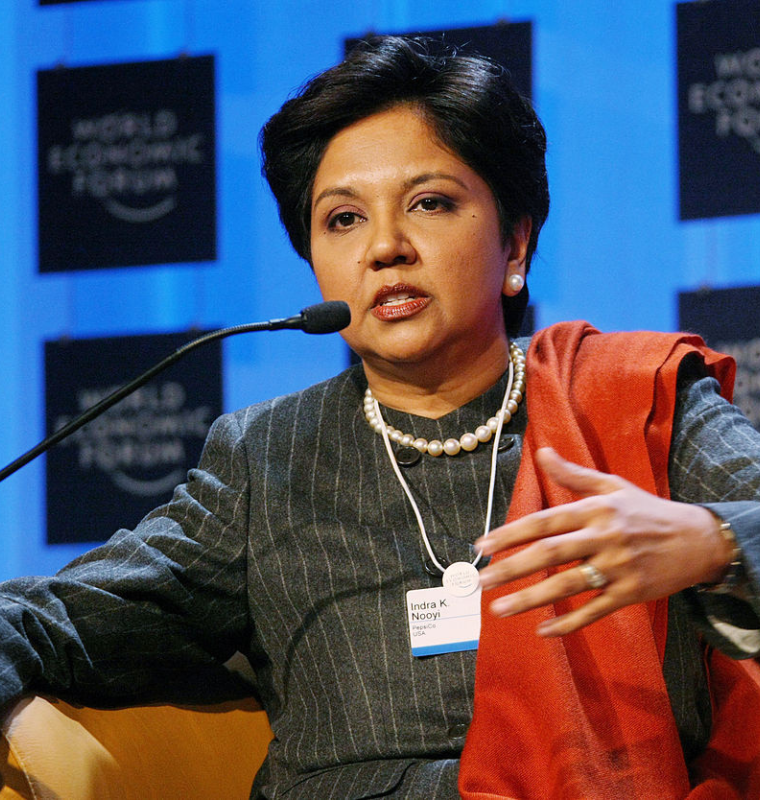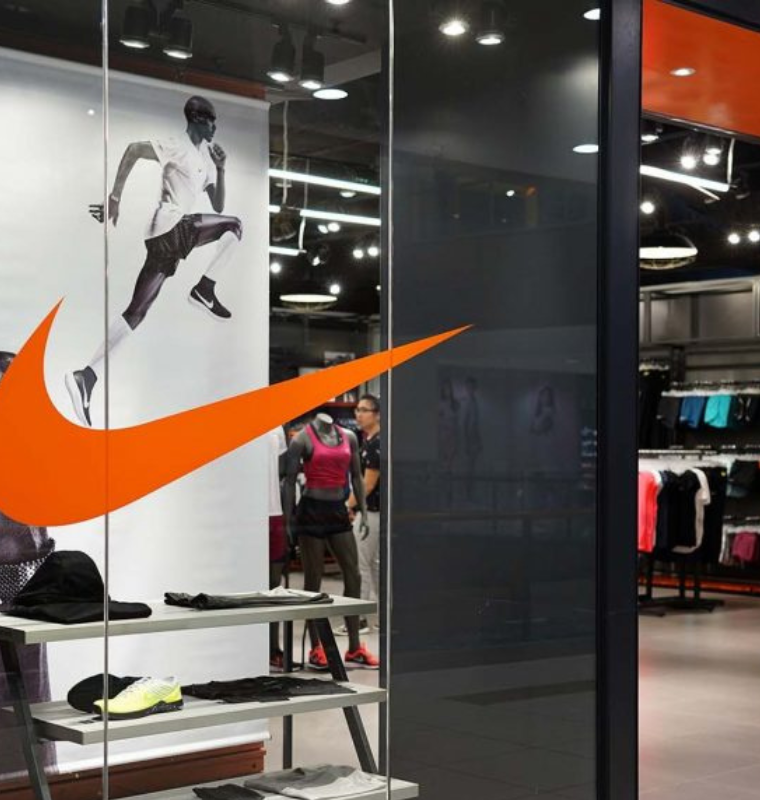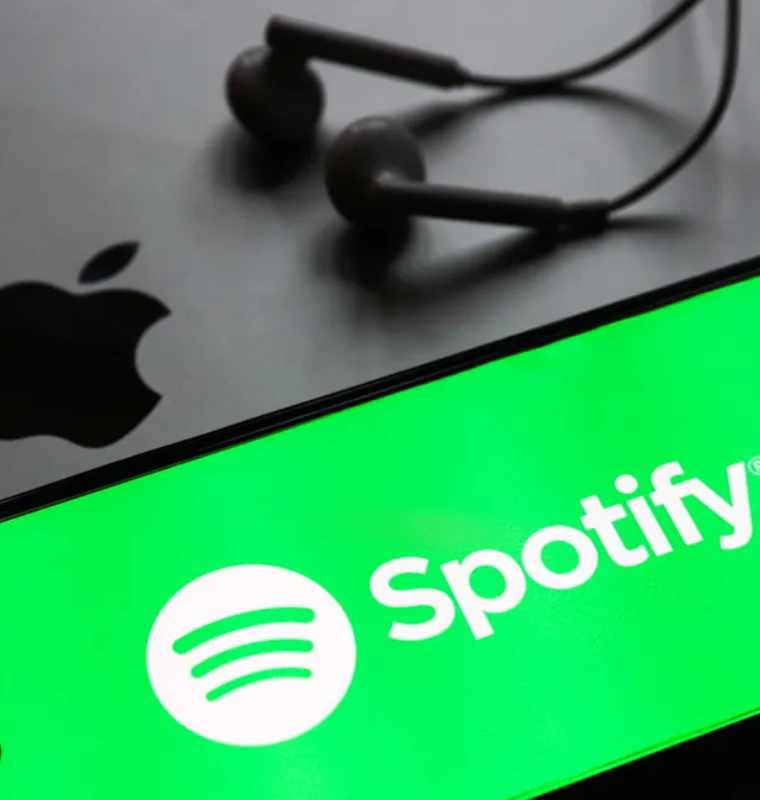Netflix Bets Big on Family Animation with ‘KPop Demon Hunters’ as Its Biggest Hit Yet
Netflix Bets Big on Family Animation with ‘KPop Demon Hunters’ as Its Biggest Hit Yet
By
Leah Rosenfeld
Last updated:
August 15, 2025
First Published:
August 15, 2025

Photo: People.com
Netflix’s Ambitious Animation Goal
In 2020, Netflix CEO Reed Hastings declared the company’s bold vision: “We want to beat Disney in family animation.” Since then, Netflix has invested heavily in animated films and series, aiming to capture audiences that traditionally flock to Disney, Pixar, and DreamWorks.
“KPop Demon Hunters,” Netflix’s latest animated release, is emerging as the company’s crown jewel. The film has become the most viewed animated feature on the platform and ranks as the second-most viewed movie overall, drawing millions of streams globally within weeks of release.
A Global Phenomenon
The film’s success stems from a mix of high-quality animation, a culturally rich storyline, and the global appeal of K-pop. Netflix reports that the movie has reached top-ten lists in over 50 countries, with particularly strong engagement in North America, South Korea, and parts of Europe.
Analysts see this as a turning point for Netflix’s animation strategy. “It is a potential gold mine. The question is whether Netflix can fully capitalize on this momentum,” one industry expert noted. The company’s investment in original animated IPs appears to be paying off, with new content attracting subscribers and boosting engagement metrics.
Competition with Disney
Disney remains the dominant force in family animation, backed by decades of classic films, franchise characters, and theme park tie-ins. Netflix, however, is leveraging its global streaming reach and rapid production cycles to compete. Unlike traditional studios, Netflix can immediately release films worldwide, capturing audiences before competitors.
“KPop Demon Hunters” demonstrates Netflix’s ability to blend trending cultural elements with animation, potentially setting a new standard for its family content pipeline. Future releases are expected to further strengthen its position in the highly competitive animation market.
The Road Ahead
The success of “KPop Demon Hunters” also raises questions about sustainability. Netflix will need to continue producing hit content, manage production costs, and balance cultural specificity with global appeal. With family animation proving lucrative, the platform is likely to accelerate development of sequels, spin-offs, and new franchises.
For now, Netflix has proven it can challenge Disney in animated entertainment, but the long-term battle for the crown of family animation is just beginning.
Popular articles
Subscribe to unlock premium content
Indra Nooyi’s Strategic Vision at PepsiCo: Balancing Profitability with Purpose

Nike’s Direct-to-Consumer Revolution: How Cutting Retailers Boosted Profits and Control

Spotifys Playlist Power Turning Music Curation Into An Advertising Goldmine

Indra Nooyi’s Strategic Vision at PepsiCo: Balancing Profitability with Purpose

Nike’s Direct-to-Consumer Revolution: How Cutting Retailers Boosted Profits and Control

Indra Nooyi’s Strategic Vision at PepsiCo: Balancing Profitability with Purpose









